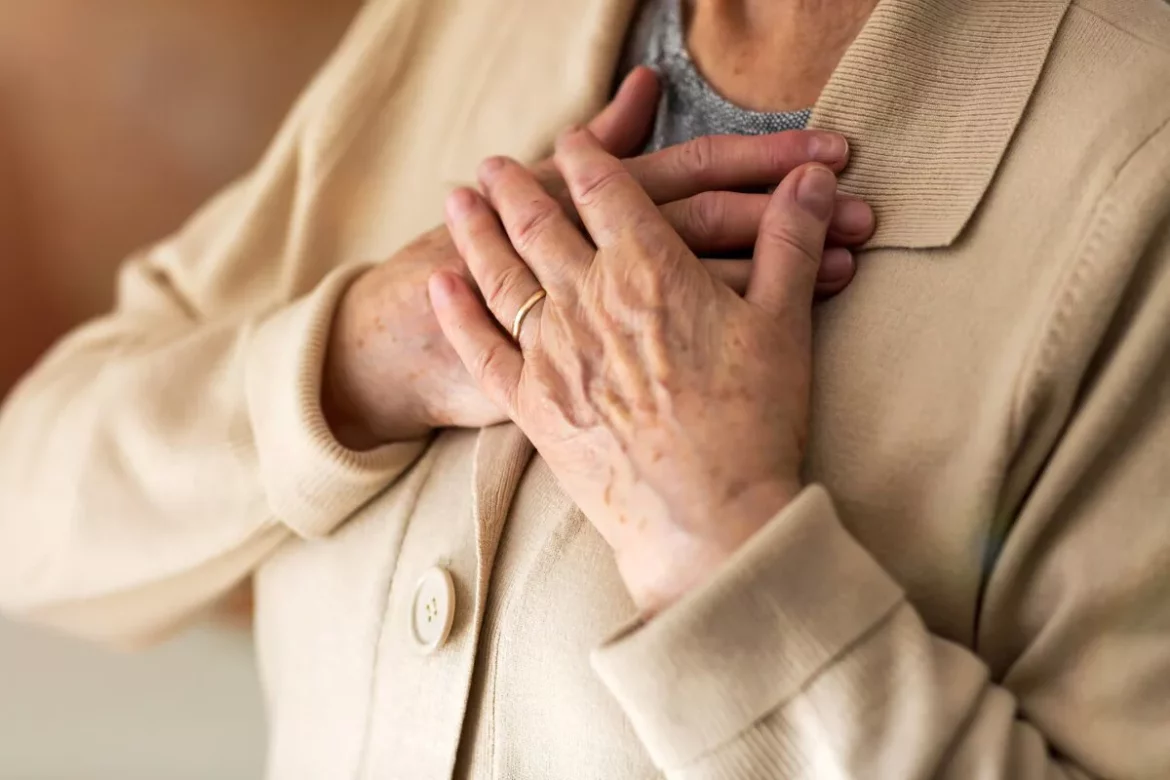Myocarditis is a medical condition characterized by the inflammation of the myocardium, the muscular layer of the heart wall. This inflammation can disrupt the heart’s electrical system, reducing the heart’s ability to pump blood and causing irregular heartbeats (arrhythmias). Understanding the symptoms and manifestations of myocarditis is crucial for timely diagnosis and treatment. One question that often arises is whether myocarditis can cause heartburn and how this condition differs from other forms of chest discomfort, such as that caused by gastrointestinal issues.
Symptoms of Myocarditis
The symptoms of myocarditis can vary widely, from mild to severe, and some individuals may be asymptomatic. Common symptoms include:
- Chest pain or discomfort
- Fatigue
- Shortness of breath
- Swelling of the legs, ankles, and feet
- Rapid or irregular heartbeats (arrhythmias)
- Flu-like symptoms such as fever and body aches
Myocarditis And Chest Pain
Chest pain is a hallmark symptom of myocarditis and can be caused by the inflammation of the heart muscle. This pain can vary in intensity and may be sharp, stabbing, or dull and aching. It is often confused with other types of chest pain, such as that caused by angina or heartburn. Differentiating between these types of pain is essential for accurate diagnosis and treatment.
See Also: How To Reduce Risk Of Myocarditis?
Can Myocarditis Cause Heartburn?
Heartburn, also known as acid reflux, occurs when stomach acid flows back into the esophagus, causing a burning sensation in the chest. This condition is typically associated with gastrointestinal issues rather than cardiac problems. However, the chest pain caused by myocarditis can sometimes be mistaken for heartburn due to the location and nature of the pain.
Differentiating Myocarditis Pain From Heartburn
Nature of Pain: Heartburn usually causes a burning sensation that starts in the upper abdomen and moves up into the chest. It often worsens after eating or when lying down. Myocarditis pain, on the other hand, is more likely to be constant and can be accompanied by other symptoms like shortness of breath and fatigue.
Triggers and Relief: Heartburn pain can often be relieved by antacids or other medications that reduce stomach acid.
Myocarditis pain does not typically respond to these treatments and may worsen with physical activity.
Associated Symptoms: Myocarditis often comes with other symptoms such as fever, body aches, and palpitations. These are not typical of heartburn.
Given these differences, it is important for individuals experiencing chest pain to seek medical evaluation to determine the underlying cause, especially if the pain is persistent or accompanied by other concerning symptoms.
How Long Does Myocarditis Chest Pain Last?
The duration of chest pain in myocarditis can vary depending on the severity of the inflammation and the individual’s overall health. In some cases, chest pain may last for a few days to weeks, while in others, it may persist for several months.
Factors Influencing Duration
Severity of Myocarditis: Mild cases of myocarditis may resolve more quickly, with chest pain subsiding as the inflammation decreases. Severe cases, especially those that lead to complications like heart failure or arrhythmias, may result in more prolonged chest pain.
Timeliness of Treatment: Early diagnosis and treatment of myocarditis can help reduce inflammation and alleviate symptoms more quickly. Delayed treatment may prolong the duration of chest pain and increase the risk of complications.
Underlying Health Conditions: Individuals with preexisting health conditions, such as autoimmune diseases or chronic illnesses, may experience a longer recovery period and more persistent symptoms.
Managing Myocarditis Chest Pain
Effective management of myocarditis involves treating the underlying cause of the inflammation and addressing symptoms to improve the patient’s quality of life. Treatment options may include:
Medications: Anti-inflammatory drugs, such as nonsteroidal anti-inflammatory drugs (NSAIDs) or corticosteroids, can help reduce inflammation and alleviate chest pain. Antiviral or antibacterial medications may be prescribed if an infection is the underlying cause.
Lifestyle Modifications: Rest and avoidance of strenuous physical activity are crucial during the recovery period to prevent further strain on the heart. A healthy diet and good hydration can also support overall recovery.
Monitoring and Follow-up: Regular follow-up with a healthcare provider is essential to monitor the progress of the condition and adjust treatment as needed. In severe cases, hospitalization may be required for close monitoring and advanced treatments.
Prognosis And Recovery
The prognosis for myocarditis varies depending on the cause and severity of the condition. Many individuals recover fully with appropriate treatment, while others may experience long-term complications such as chronic heart failure or arrhythmias. Early detection and treatment are key to improving outcomes and reducing the duration and severity of symptoms.
Conclusion
Myocarditis is a complex condition that can cause significant chest pain, often mistaken for heartburn. However, the nature, triggers, and associated symptoms of myocarditis pain differ from those of heartburn, making it important for individuals to seek medical evaluation for any persistent or severe chest pain. The duration of myocarditis chest pain can vary, but early diagnosis and appropriate treatment are crucial for reducing inflammation and promoting recovery. By understanding the differences between myocarditis and other causes of chest pain, individuals can ensure they receive the appropriate care and management for their condition.

